
It is widely known that cigarette smoking and other forms of tobacco use (both active and passive smoking) is damaging to health, poses enormous economic costs, and accounts for a significant proportion of health inequities. Yet, Nigeria’s fiscal policies for tobacco control appear weak. With recent changes, excise tax rates amount to an excise tax burden of just about 16 percent, relative to the 75 percent benchmark recommended by the World Health Organization. With lower tobacco control policies in Nigeria, the country has become the hub for tobacco production in West Africa for companies like the British American Tobacco (BAT).
While smoking prevalence is still low in Nigeria, the prevalence is rising even among women and children in rural areas. Therefore, there is a need for evidence to support effective tobacco control policies in Nigeria that can help curb the emerging tobacco use epidemic. Local evidence can provide context-specific information and tools that are needed to design policies and shape practices that improve public health equitably and generate government revenue to support health-promoting programmes.
To highlight these issues, CSEA organized a round-table workshop to discuss an ongoing research project on Fostering Effective Tobacco Control Policy Implementation in Nigeria. The two-year project was commissioned by the International Development Research Centre (IDRC), Canada and aims to provide research and advocacy towards the design and implementation of an effective tobacco control policy in Nigeria.
The proposed project will focus on:
- estimating the pro-health tobacco tax rates and structure
- assessing the economic costs and impact of tobacco use across different groups as well as cost-effectiveness of tobacco control interventions
- identifying the impact of tax changes on illicit trade as well as cost-effective measures for curbing illicit trade on tobacco products. The studies provide technical local evidence to support tobacco control policymaking and implementation.
The workshop, provided a platform for participants and experts to discuss data, methods and expected outcomes for each component of the research project. Participants at the workshop include: stakeholders from ECOWAS, Ministry of health, Ministry of Finance, Nigeria Customs Service, Federal Inland Revenue Service, the Academia, Research organizations, Nigeria Tobacco Control Alliance, CSO’s and the Media.
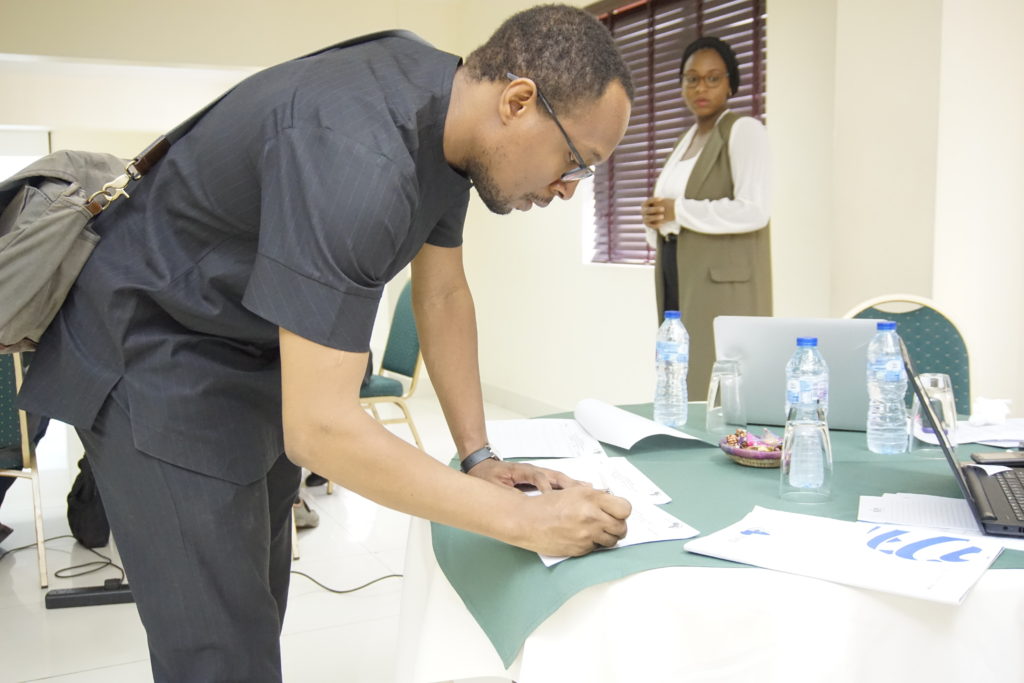
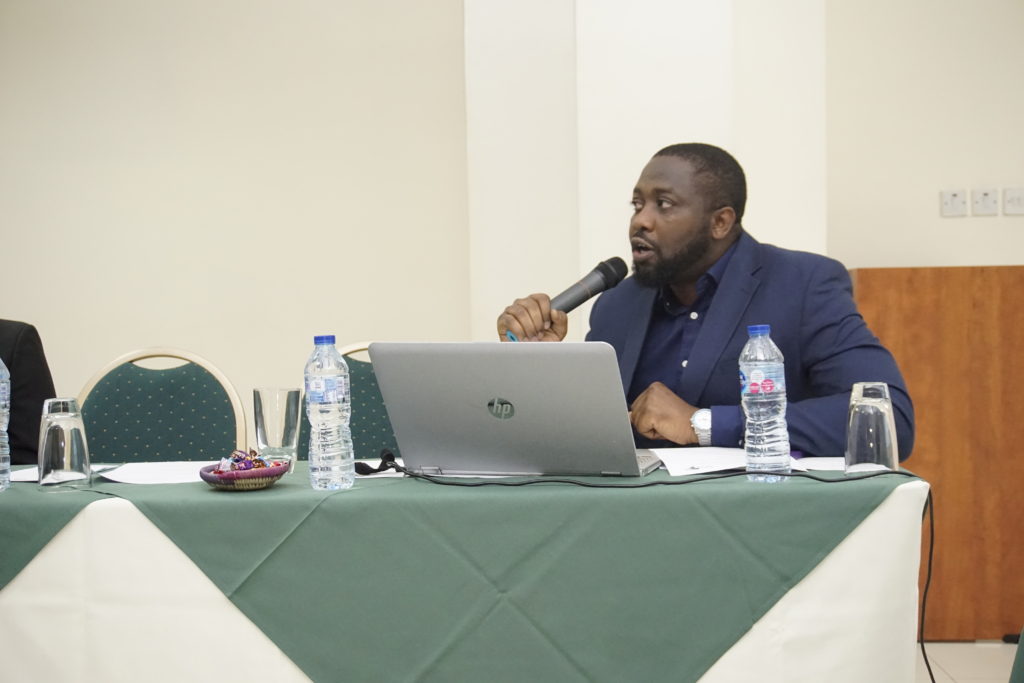
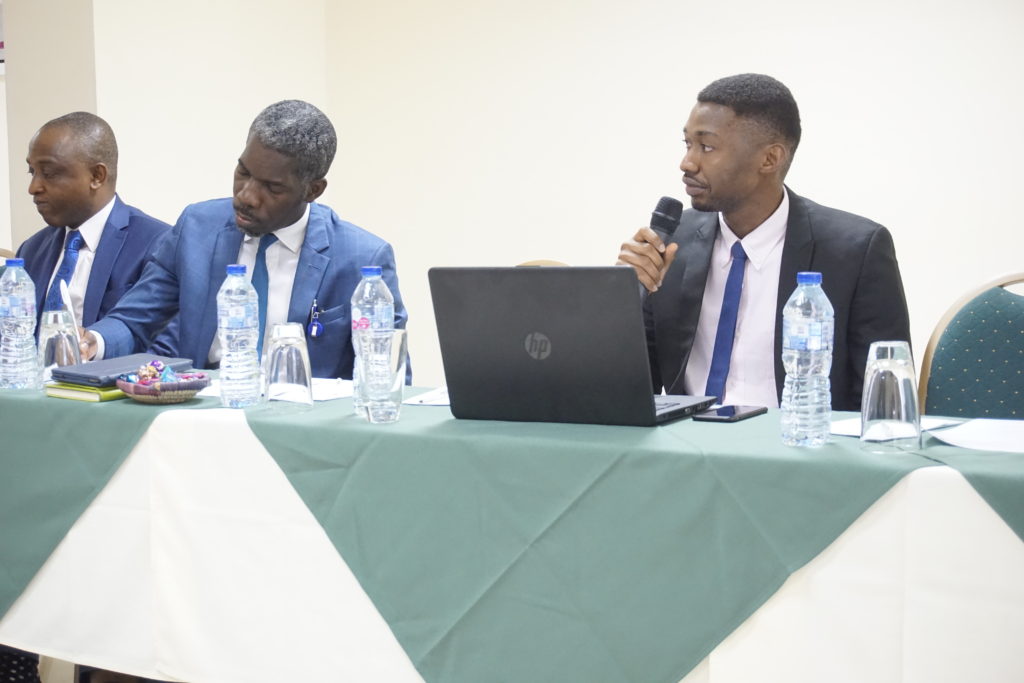
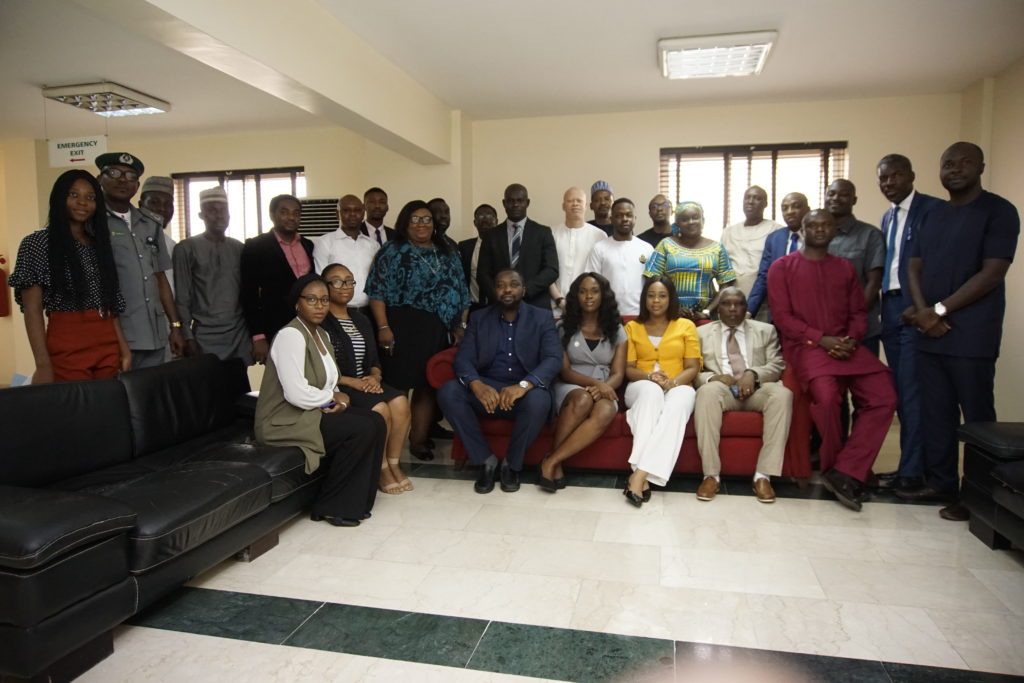
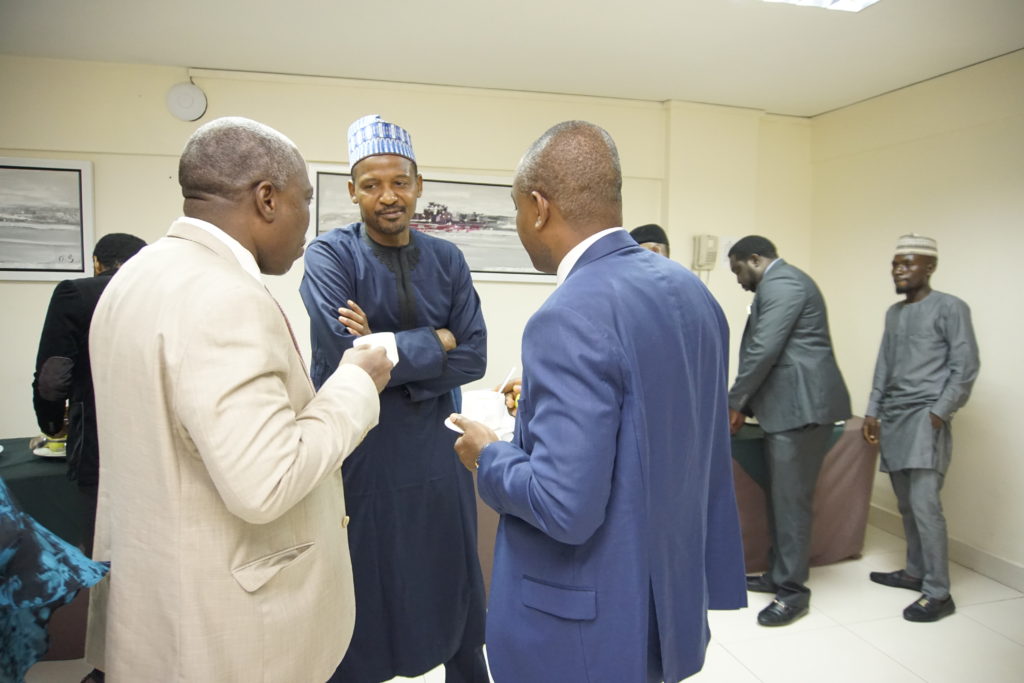
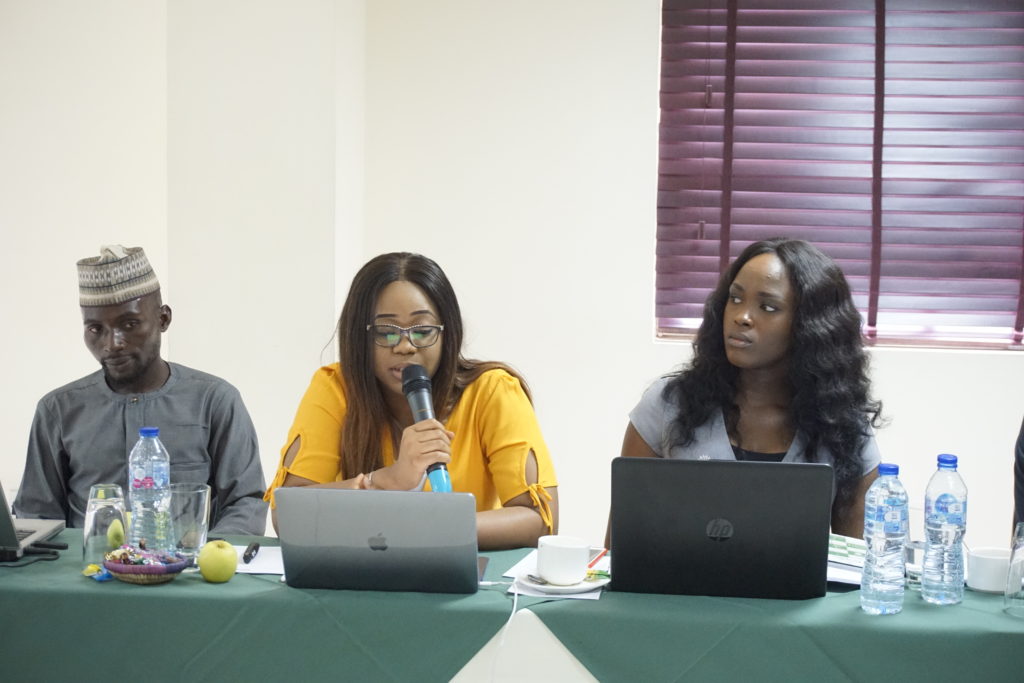
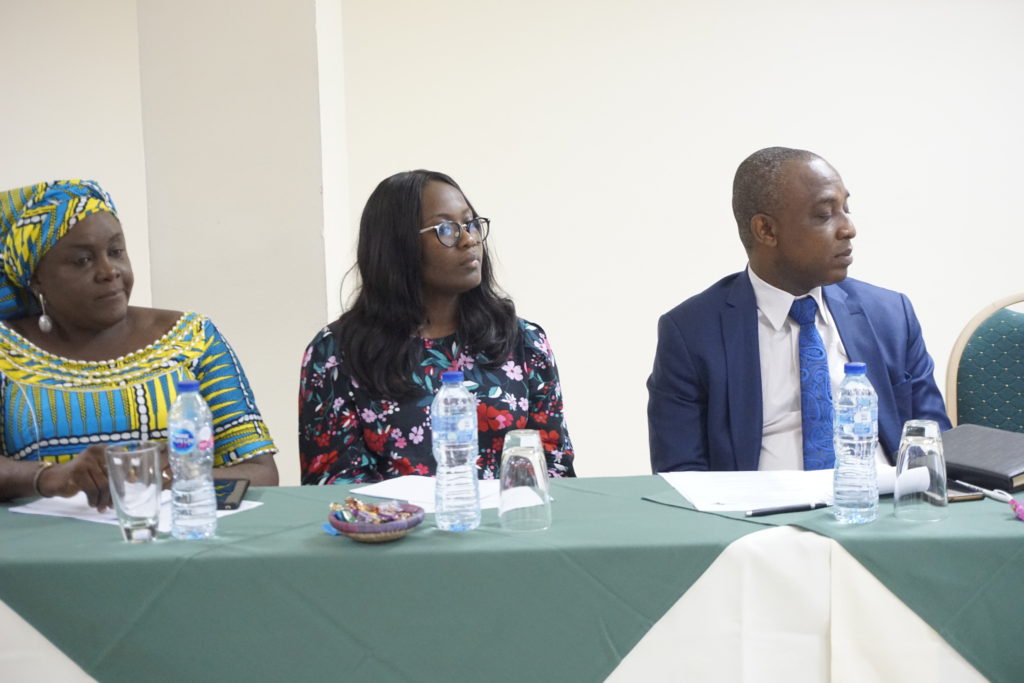
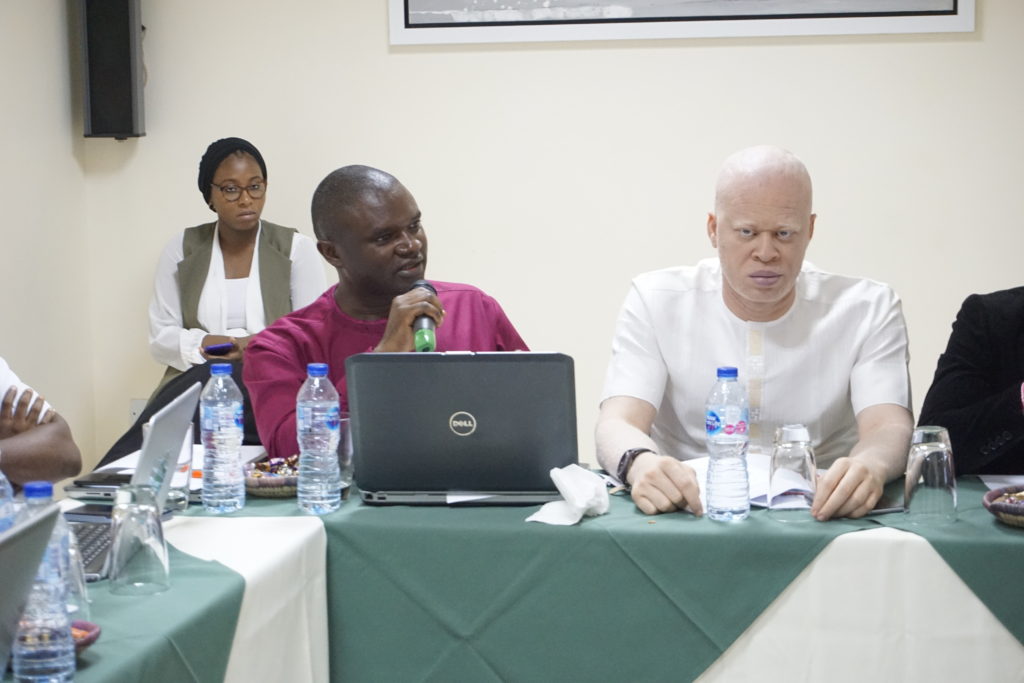
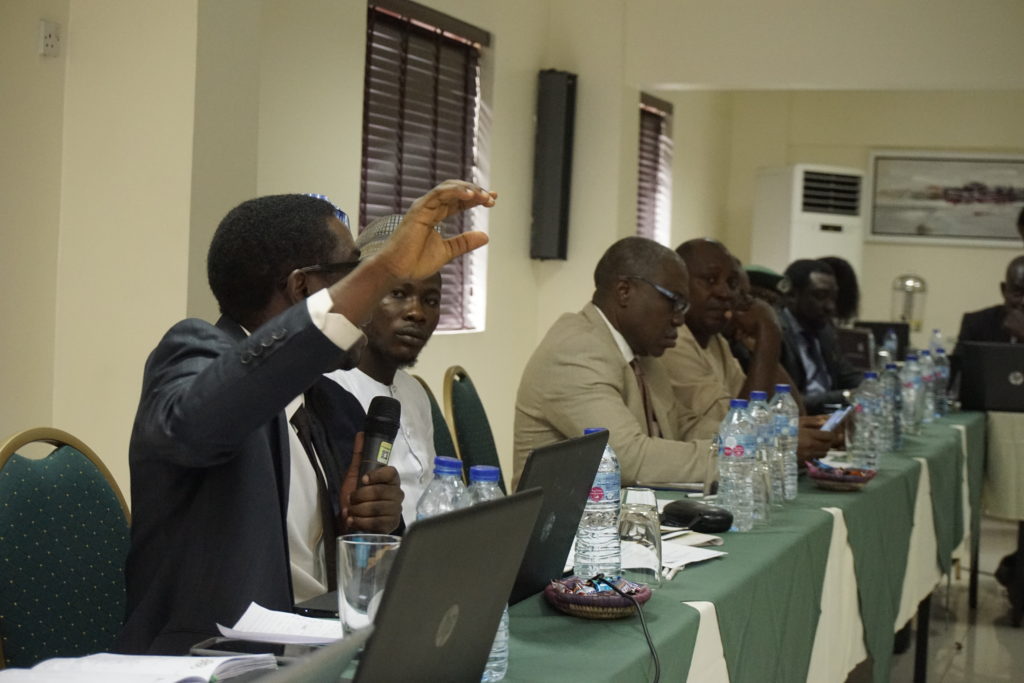
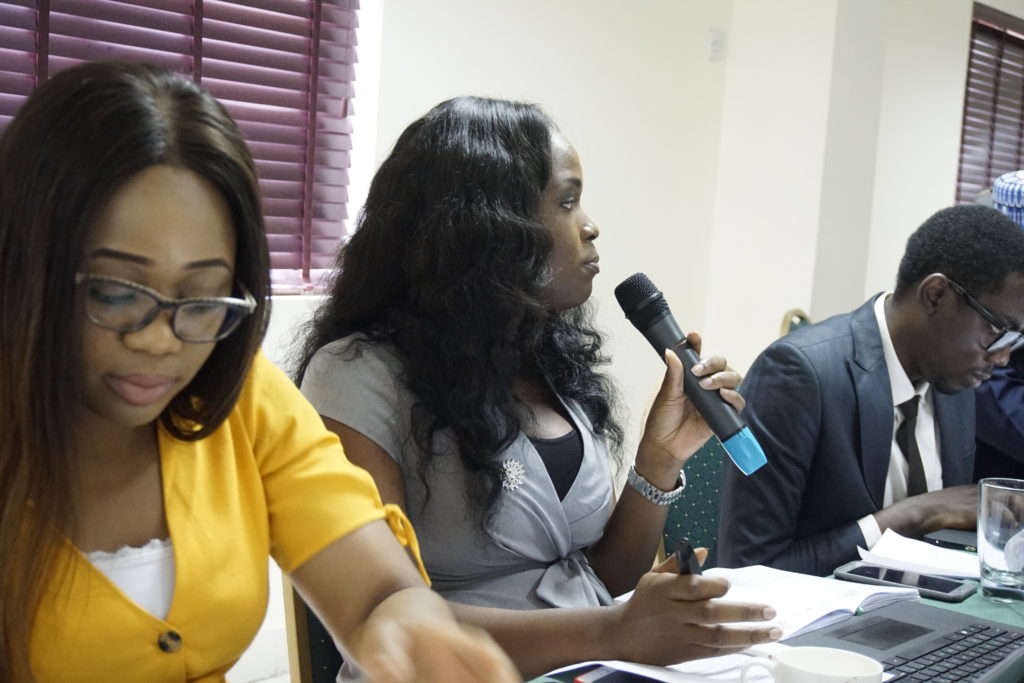
In the News
